Summaries of books about Philosophy:
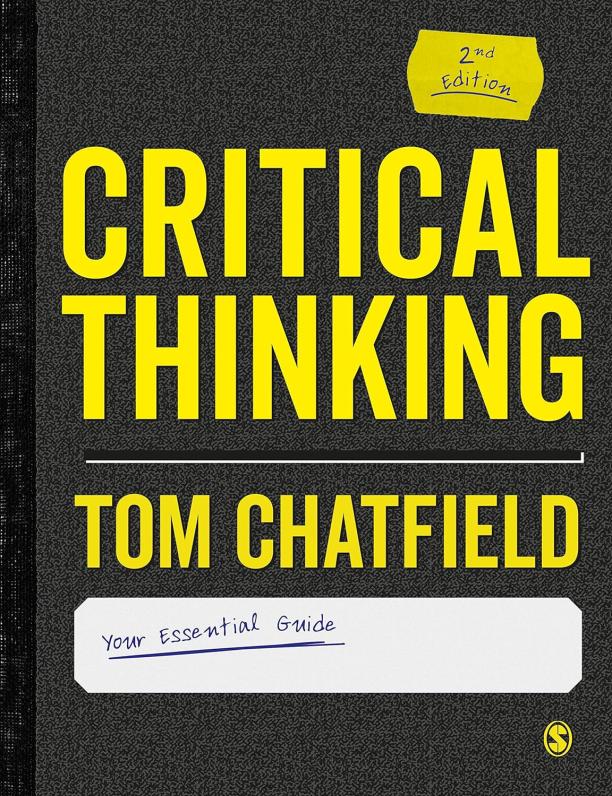
Critical Thinking
Your Guide to Effective Argument, Successful Analysis and Independent Study
Tom Chatfield
The book provides a comprehensive guide to developing critical thinking skills, covering techniques for constructing effective arguments, analyzing information, and fostering independent learning. It includes practical exercises, real-world examples, and strategies to enhance reasoning abilities for academic and everyday contexts.
See full summary
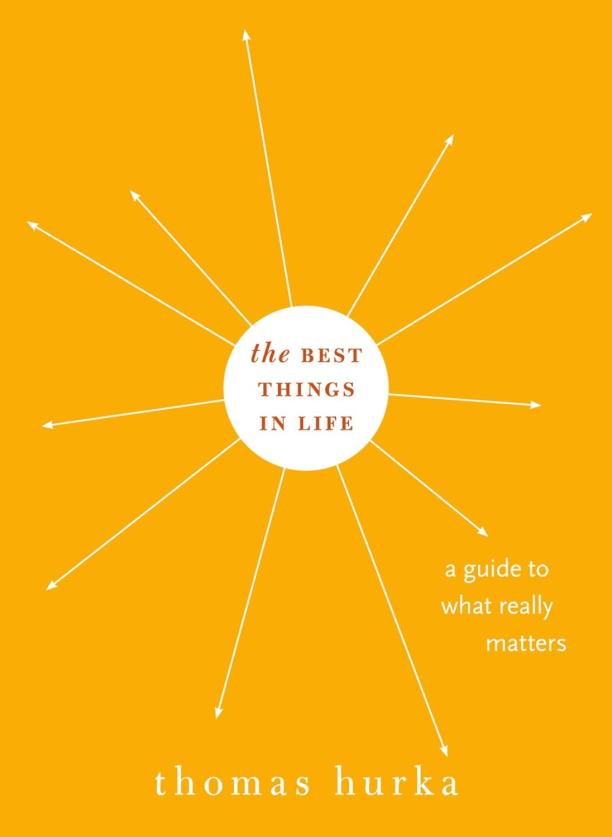
The Best Things in Life
A Guide to What Really Matters
Thomas Hurka
The book explores the concept of what truly contributes to a good life by examining various pleasures, successes, and personal relationships. It delves into philosophical theories of well-being and uses everyday examples to discuss how different elements can lead to happiness and fulfillment.
See full summary
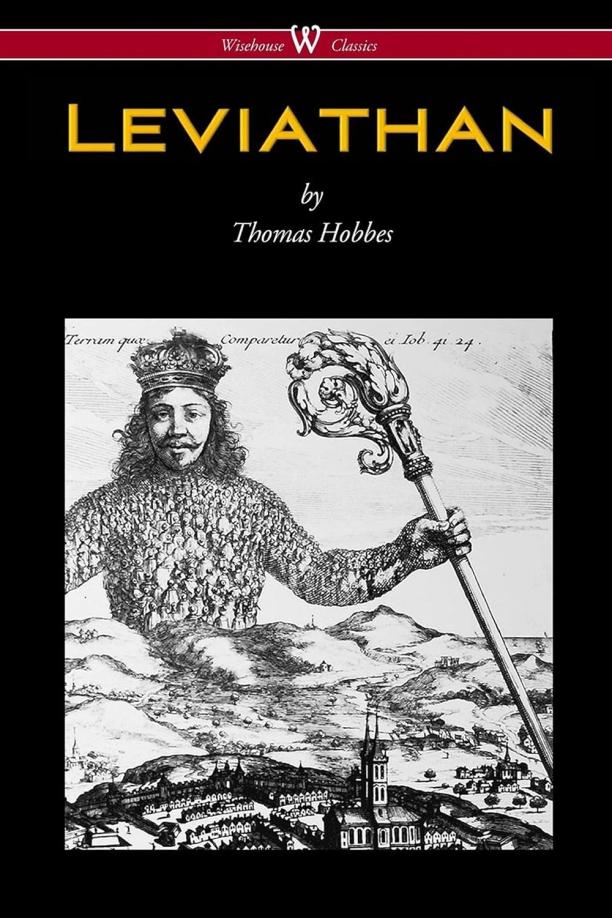
Leviathan
the original authoritative edition
Thomas Hobbes
The book presents a foundational work in political philosophy, arguing for the necessity of a strong central authority to avoid the chaos and violence of a state of nature. It delves into the structure of society and legitimate government, advocating for a social contract and sovereignty as the basis of political order.
See full summary
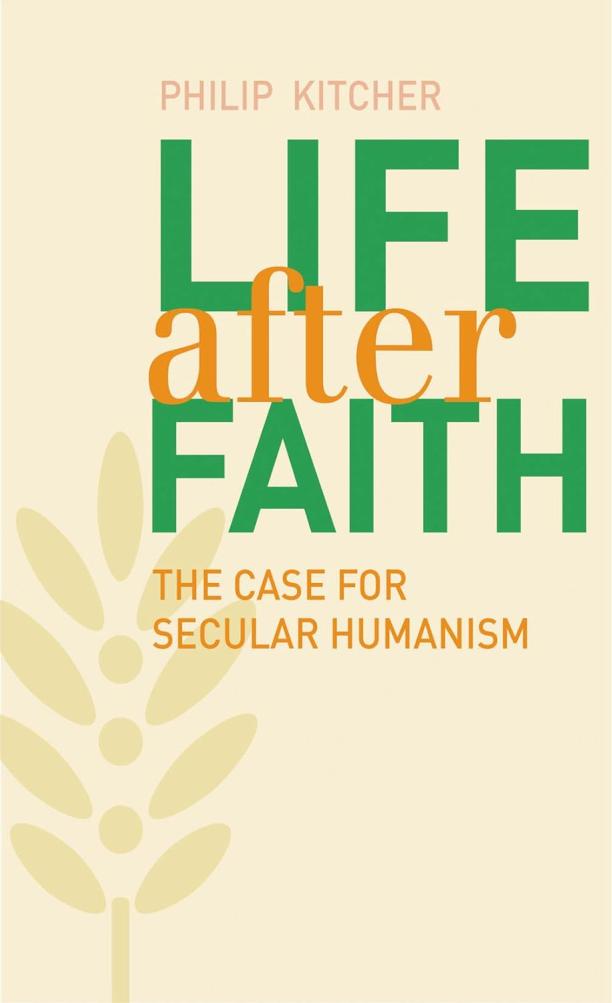
Life After Faith
The Case for Secular Humanism
Philip Kitcher
The book presents a philosophical argument for secular humanism as a fulfilling alternative to religious faith, advocating for a moral and meaningful life based on humanist principles and ethical values. It explores the potential for human progress, community, and purpose without reliance on supernatural beliefs, emphasizing the importance of addressing human needs and aspirations in a secular context.
See full summary
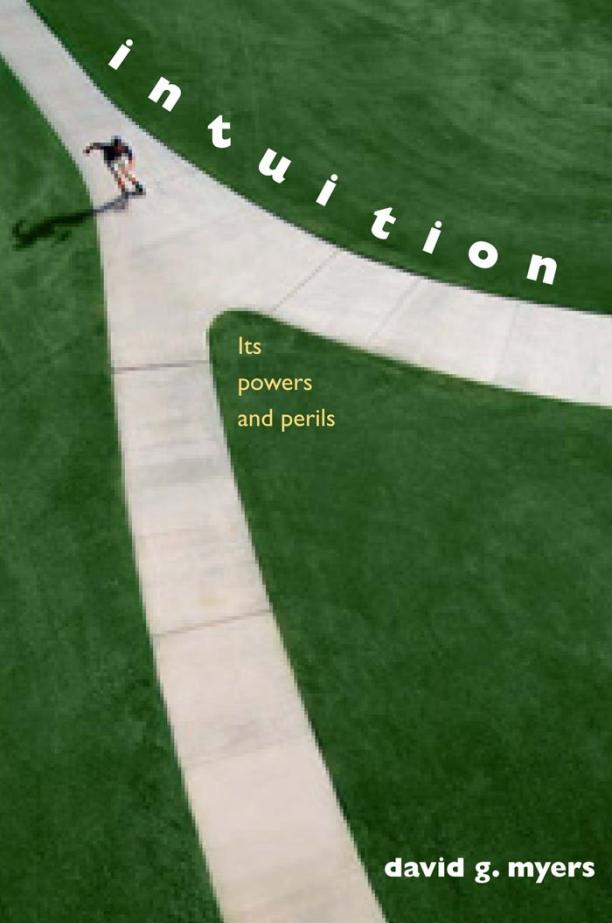
Intuition
Its Powers and Perils
David G. Myers
The book explores the dual nature of intuition, highlighting how instinctive judgments can be both remarkably accurate and dangerously flawed. It delves into psychological research to examine the processes behind our intuitive leaps, revealing the strengths and weaknesses of our snap decisions.
See full summary
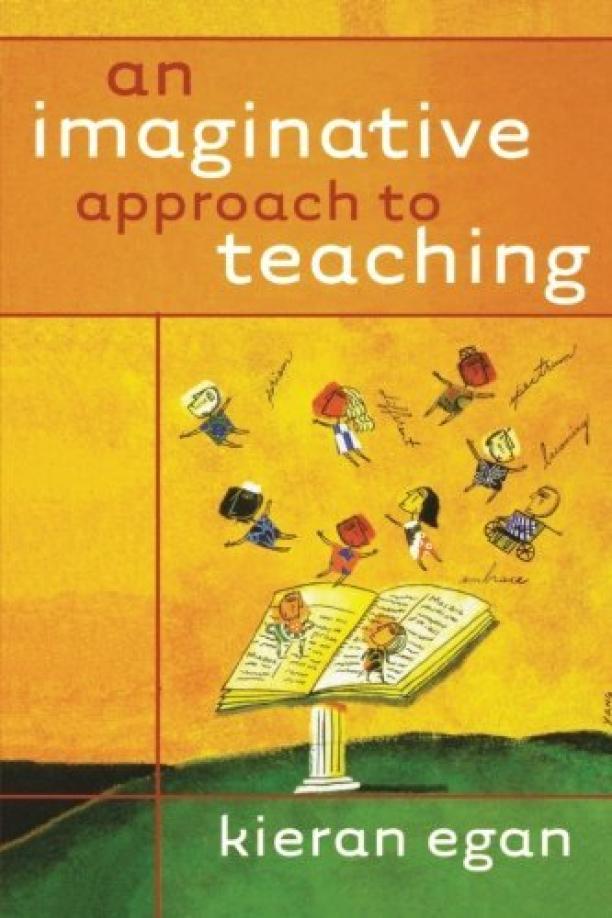
An Imaginative Approach to Teaching
Kieran Egan
The book presents a novel educational framework that emphasizes the importance of imagination in teaching, proposing techniques to engage students' emotions and intellect through storytelling, metaphors, and the cultivation of cognitive tools. It challenges traditional teaching methods by offering strategies to tailor learning experiences to different stages of understanding, aiming to make education more engaging and effective.
See full summary
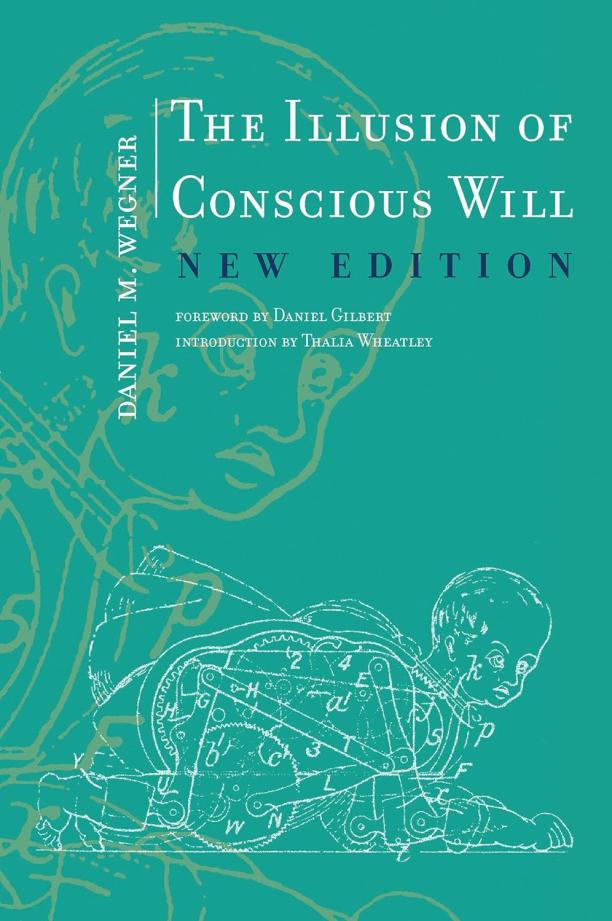
The Illusion of Conscious Will
Daniel M. Wegner
The book explores the psychological processes behind the feeling of conscious control over actions, arguing that this sense of will is an illusion created by the mind. It delves into how thoughts and actions are often unconsciously initiated and that the conscious experience of will is a retrospective construction rather than a cause of behavior.
See full summary
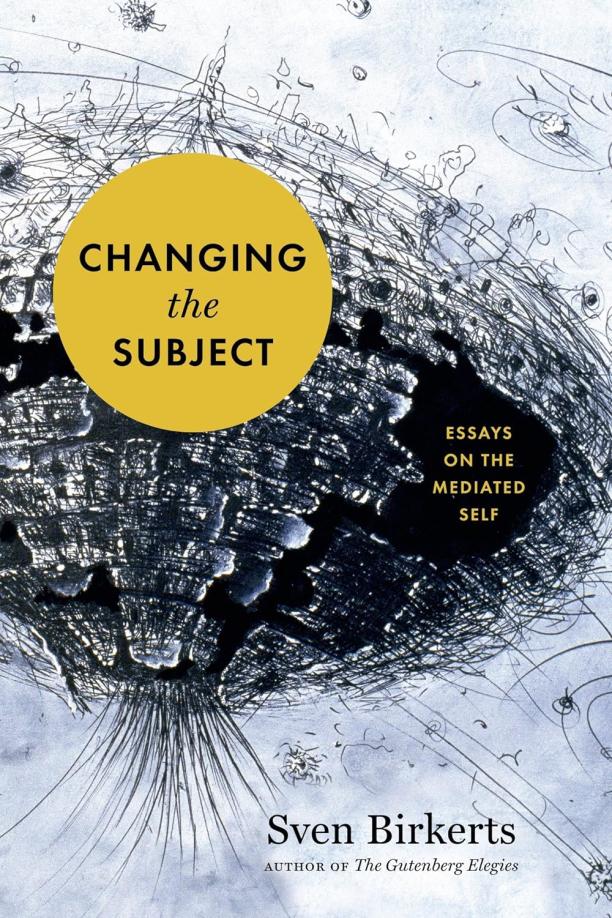
Changing the Subject
Art and Attention in the Internet Age
Sven Birkerts
The book explores the impact of the digital age on our capacity for deep reading, critical thinking, and sustained attention, arguing that the internet is leading to a fragmentation of focus and a diminishment of the contemplative mind. It examines the consequences of this shift for literature, art, and culture, advocating for the preservation of traditional forms of engagement and the value of introspection.
See full summary
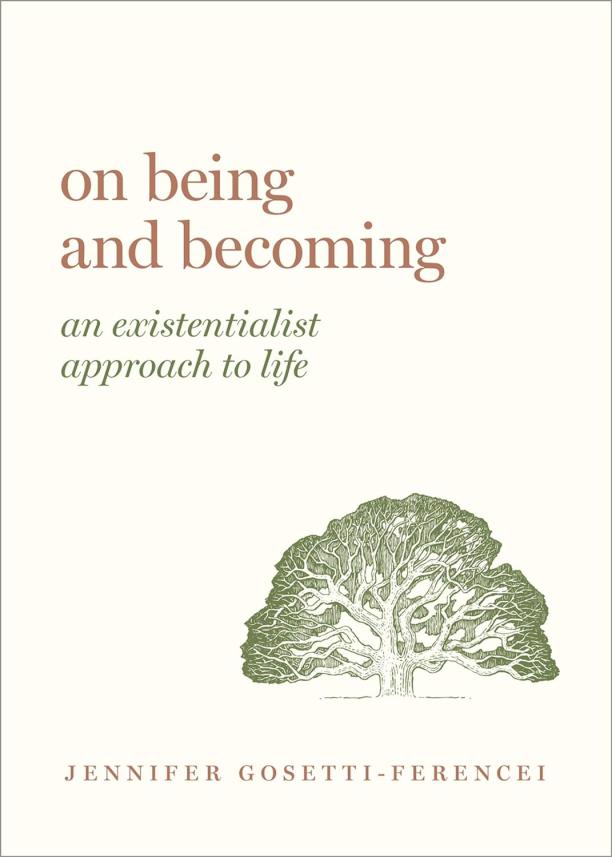
On Being and Becoming
An Existentialist Approach to Life
Jennifer Anna Gosetti-Ferencei
The book explores existentialist philosophy and its application to understanding the human condition, emphasizing the importance of personal authenticity, freedom, and the creation of meaning in life. It provides a guide to navigating existence by drawing on the works of key existentialist thinkers and addressing themes such as anxiety, death, and the search for self-identity.
See full summary
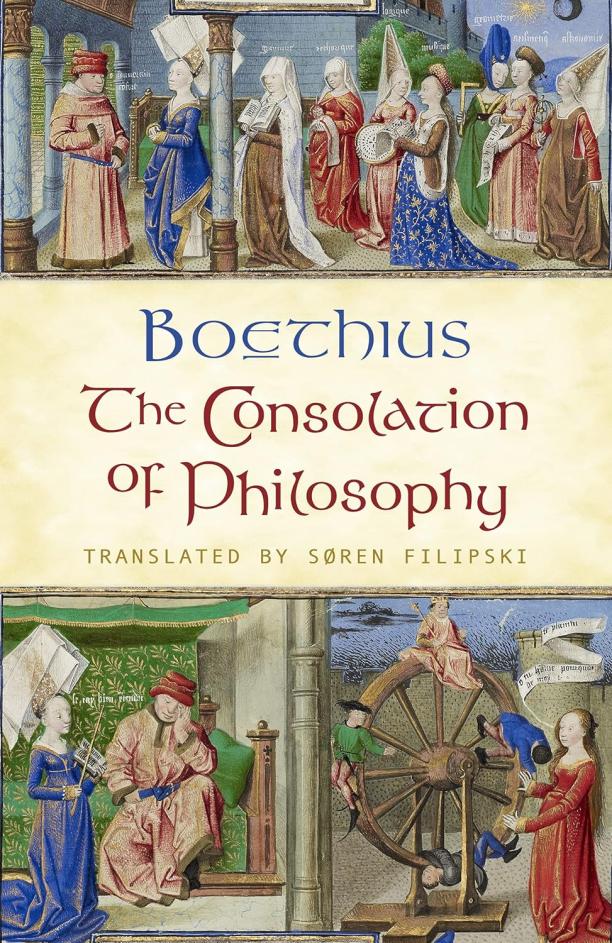
The Consolation of Philosophy
Boethius
The work is a philosophical dialogue between the imprisoned author and Lady Philosophy, who offers him comfort in his suffering. It explores themes such as the nature of happiness, the problem of evil, and the fickleness of fortune, ultimately arguing for the supremacy of reason and the providential order of the world.
See full summary